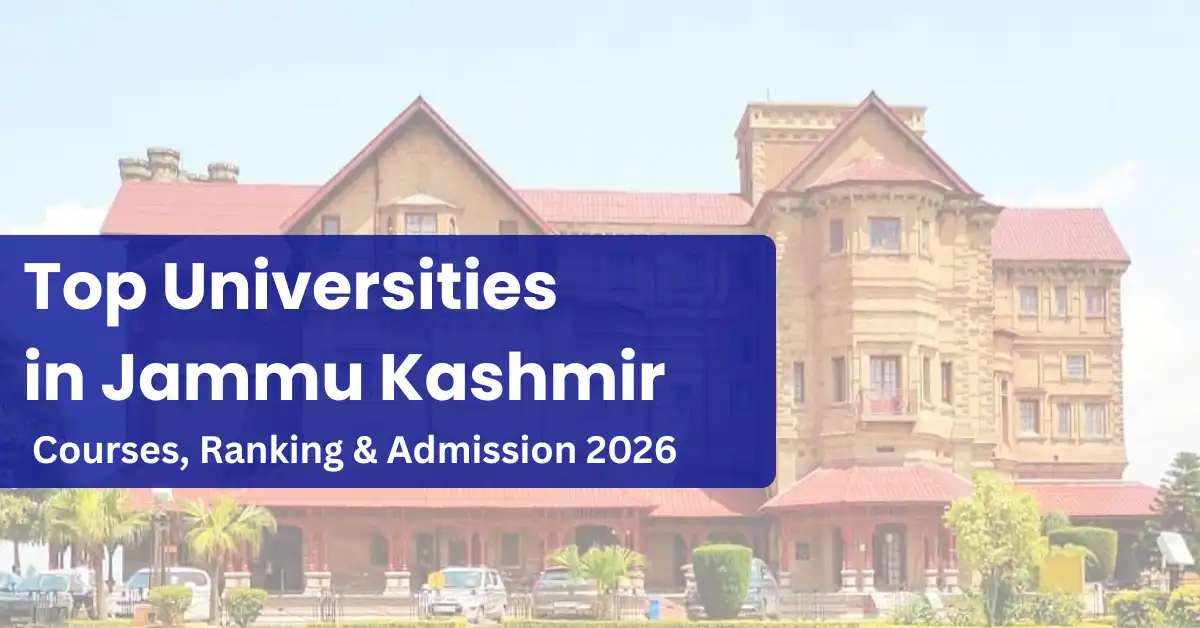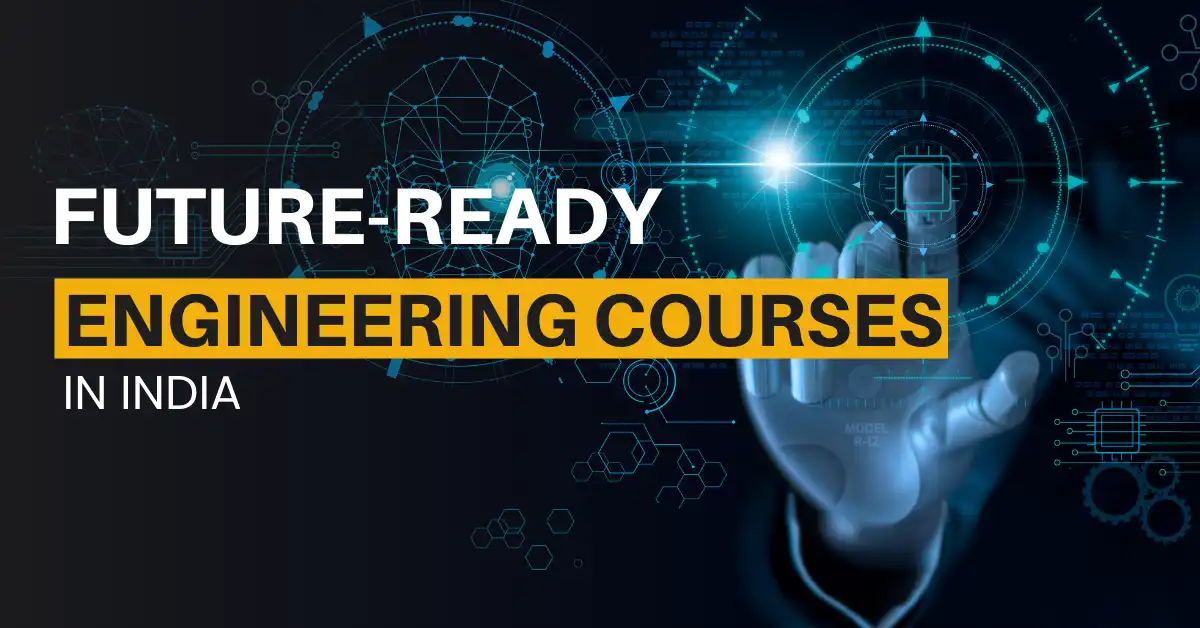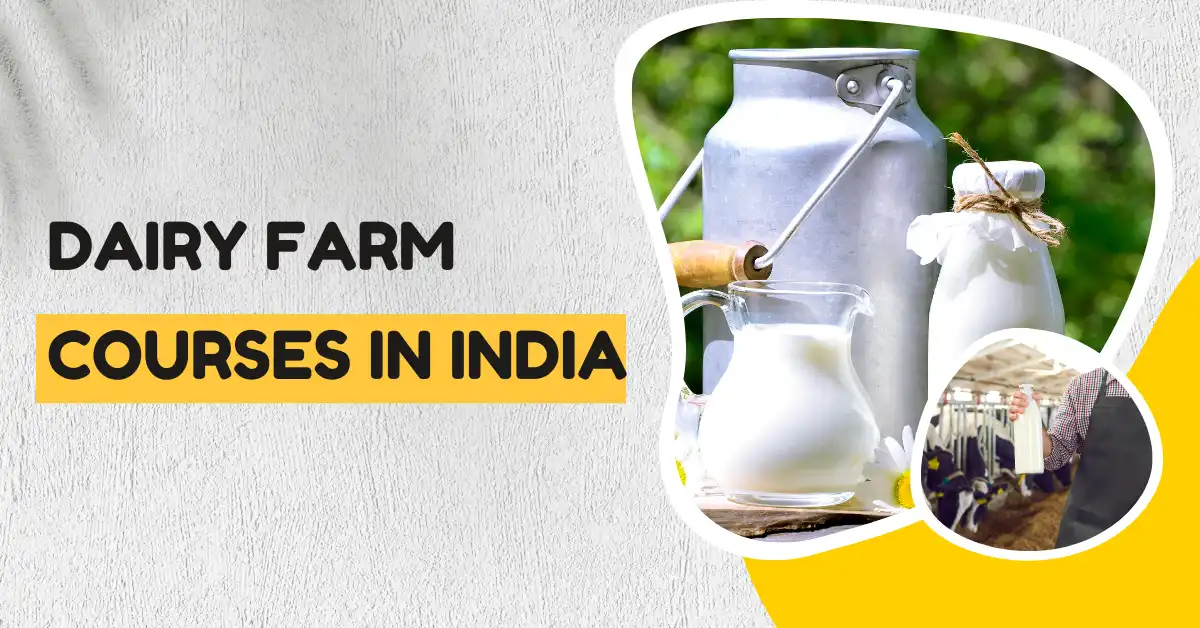Choosing the right path after Class 10th is a massive and often-confusing crossroad for young students in India. Most “Best Diploma Courses After 10th” lists simply regurgitate outdated options or play into dreams of instant employment without talking about course quality, pay, industry changes, or hidden pitfalls. Even worse, many private institutes push diplomas solely for profit, not student growth.
This blog aims to clear the fog. Here, you’ll find a timeline of how different diplomas rose and sometimes fell in popularity, a blunt critique of each sector, and honest advice to help your choice lead to actual skills… not disappointment.
Why Are Diploma Courses After 10th So Popular And What’s Wrong With Most Advice?
- Quick Entry: Diplomas promise skills and jobs in 1–3 years, instead of 6–7 in degree pathways.
- Less Academic Pressure: They’re sold as “easy” alternatives to science, commerce, or arts.
- Marketed as ‘High Salary’ Options: Most programs exaggerate salary expectations for freshers.
- No Guarantee: Reality is, entry-level jobs are often badly paid and many diplomas are ignored by employers.
- Myth-Buster: Not every diploma is a shortcut to wealth most require further study, skill upgrades, and hard work to deliver real security.
Diploma & Skilling Trends in India – Timeline
| Year / Period | Trend / Event | Critical Outcome |
|---|---|---|
| Early 2000s | Polytechnics and ITI domination | Good placements initially, but quality declined later |
| 2010 – 2015 | Private diploma boom in design & hotel mgmt | Entry of cheap, unrecognised programs |
| 2015 – 2020 | Rise of paramedical and tech diplomas | Demand for allied health surged |
| 2021 – 2023 | Digital marketing & animation frenzy | Big enrollments, but poor job clarity |
| 2025 (Ongoing) | Govt. skilling push, scams exposed | NSDC seals some fake institutes; still confusion |
Engineering & Polytechnic Diplomas: Much Hype, Mixed Reality
- Courses: Civil, Mechanical, Electronics, Computer, Automobile, Electrical, Chemical,
- IT.
- Duration: 3 years.
- Pros: Campus recruitment in state polytechnics, lateral entry to B.Tech/BE possible, practical focus.
- Cons: Private colleges’ quality varies wildly; jobs mostly low-paying (₹10k–₹18k/month); saturated job fields.
- Pitfall: Most private diplomas have little market value research the credentials and placement partners.
Advice: Only choose reputed, state-run polytechnic colleges. For maximum benefit, plan for further specialization afterward.
ITI Diplomas: Quick Skills but Limited Growth
- Courses: Fitter, Electrician, Mechanic, COPA (computer), Turner, Plumber, Welder, etc.
- Duration: 1–2 years.
- Pros: Fast-track, hands-on learning; strong in some trades in government, railways, and PSUs.
- Cons: Wage is low (₹7k–₹15k); preference for degree holders in long-term promotions; outdated tools in many centers.
- Pitfall: Many private ITIs lack recognition watch for scams and check government approval.
Advice: Combine ITI training with apprenticeships and upskilling in digital tools for better
employability.
Paramedical Diplomas: Stable or Slowly Saturating?
- Courses: Medical Lab Technician, X-Ray Technician, Operation Theatre Assistant,
- Dialysis Technology, Ophthalmic, Pharmacy Assistant, Dental Hygiene.
- Duration: 1–3 years.
- Pros: Healthcare sector is one of the few with steady demand.
- Cons: Urban saturation; low starting packages (₹12k–₹20k); government post entries limited and competitive; job growth slow in rural areas.
- Pitfall: Many rural or unregulated institutions lack proper labs beware fake certificates.
Advice: Prefer central/state-recognized institutes; seek internships during study; plan to upgrade to degree/diploma for higher growth.
Hotel Management & Hospitality Diplomas: Not All Glitter
- Courses: Diploma in Hotel Management, Bakery, Food & Beverage, Front Office.
- Duration: 1–3 years.
- Pros: Service industry bounce-back post-COVID; cruise lines, resorts hire 10th-pass diploma holders.
- Cons: Demanding hours; entry-level pay remains low (₹10k–₹18k), glamor mostly in big-city or international jobs; global crises hit jobs hard.
- Pitfall: Flooded with private schools, many with poor placement records.
Advice: Compare course facilities, real alumni outcomes and look for tie-ups with branded
hotel chains.
Design, Animation, & Creative Diplomas: Future-Proof or Fad?
- Courses: Graphic Design, Animation, Multimedia, UI/UX Design, Fashion Designing, Fine Arts.
- Duration: 1–3 years.
- Pros: Rapidly growing digital creative economy.
- Cons: Highly skill-driven; average diplomas rarely land jobs without great portfolios; many “certificates” unrecognized.
- Pitfall: Saturation at entry-level; freelancing income varies month-to-month; portfolio > marksheet.
Advice: Prioritize institutes with strong studio training, industry mentors and real-world
internship opportunities.
Vocational Diplomas: Fast, Skill-driven, But Often Overlooked
- Examples: Diploma in Computer Applications, Digital Marketing, Foreign Languages, Event Management, Fire & Safety, Retail Management, Travel & Tourism.
- Pros: Short duration, job-focused, ideal for skill switching/early income.
- Cons: Entry-level pay; lack of industry standards; jobs in many cases are contractual.
- Pitfall: Fly-by-night centers abound; avoid institutions with poor infrastructure or lack of placement partnerships.
Top Tips for Choosing the Right Diploma Course
- Never pick a course ONLY for its advertised salary match it with your skills, location, and interests.
- Always verify the institute’s credentials: look for state or central accreditation and check alumni on LinkedIn.
- Beware “guaranteed job” claims; prioritize institutes showing real placement records.
- Embrace internships and side-skilling (like English fluency or digital skills), no matter the diploma.
- Keep learning plan for further study, degree, or certification after your diploma for better security.
- Talk to real students, not just counselors; join online career forums to see actual outcomes.
Timeline: Your Course and Career Planning Roadmap
| Stage | Action Steps |
|---|---|
| Class 9–10 | Attend career workshops, attempt basic skill-building online |
| After 10th | Visit campuses, explore course demos, check placements directly |
| 1st Year | Secure internships/part-time jobs, learn soft skills too |
| 2nd–3rd Year | Build a portfolio (if creative field), attend industry events |
| Post Diploma | Prepare for lateral entry, government tests, or start small gigs |
The Harsh Truth About “Instant Jobs” After 10th
Across all sectors, high salaries don’t come from the diploma alone they’re a result of:
- Consistent practical application
- Adaptability and willingness to upskill
- Good communication and basic IT skills
- Persistent networking and learning from failure
Beware: Many freshers end up swapping jobs, returning for higher studies or even switching
fields completely within a few years.
Engagement Hooks Speak Up!
- Did a “job guarantee” program after 10th let you down?
- Scored a government job only after multiple retries and upskilling?
- Found creative success by building a portfolio, not just a certificate?
- Share your journey or frustrations below. Let’s warn and support others!
SEO Friendly FAQs – Best Diploma Courses After 10th
Q1. What are the Best Diploma Courses After 10th in India?
Some of the most popular diploma courses after Class 10 are Polytechnic Engineering, ITI Trades, Paramedical Diplomas, Hotel Management, Animation & Design, and Vocational Diplomas like Digital Marketing, Fire & Safety, Retail Management, and Travel & Tourism.
Q2. What is the duration of Diploma Courses after 10th?
Most diploma courses last between 1 to 3 years. ITI and Vocational diplomas are shorter (1–2 years), while Polytechnic and Paramedical diplomas usually take 3 years.
Q3. Do Diploma Courses after 10th provide good salary?
Entry-level salaries usually range between ₹8,000 to ₹20,000 per month. Higher salaries require further specialization, skill upgrades, and internships.
Q4. Which Diploma Course is best after 10th?
The best diploma depends on your interest and career goals. Polytechnic is good for engineering aspirants, Paramedical for healthcare careers, Hotel Management for the service industry, and Animation/Design for creative fields.
Q5. Are ITI Diplomas a good career option after 10th?
Yes, ITI trades like Electrician, Fitter, Mechanic, and COPA (Computer Operator) are in demand, especially in government jobs and PSUs. However, long-term growth often requires advanced courses or higher studies.
Q6. Are Paramedical Diplomas beneficial after 10th?
Yes, the healthcare sector has consistent demand. However, urban areas face job saturation and starting salaries are low. Upgrading to a higher diploma or degree is recommended for better growth.
Q7. Is Diploma in Hotel Management worth it after 10th?
Yes, it offers opportunities in hotels, resorts, and cruise lines. But be prepared for long working hours and low entry-level pay (₹10,000 – ₹18,000). Growth is better in branded chains and international placements.
Q8. What is the future of Animation & Graphic Design Diplomas after 10th?
The digital creative economy is growing fast, but success depends on building a strong portfolio and gaining practical experience. A certificate alone is not enough for stable jobs.
Q9. What should students check before choosing a Diploma Course after 10th?
- Don’t choose only for salary promises
- Verify institute accreditation & placement records
- Prefer institutes offering internships
- Avoid “guaranteed job” claims
Q10. Can Diploma holders after 10th get Government Jobs?
Yes, many Polytechnic and ITI diploma holders qualify for government exams. Opportunities exist in Railways, PSUs, Defense, and State Government departments.
Conclusion: Your Path After 10th is a Marathon, Not a Shortcut
There’s no “perfect” diploma for everyone after 10th. Every course technical, paramedical, creative, vocational has its strengths and dark sides. Critically evaluate your interests, research every center and never fall for flashy promises or quick fixes.
Upskill, be patient, stay flexible and remember: it’s your attitude and adaptability, far more than the course name, that will shape whether your diploma delivers real prosperity.









